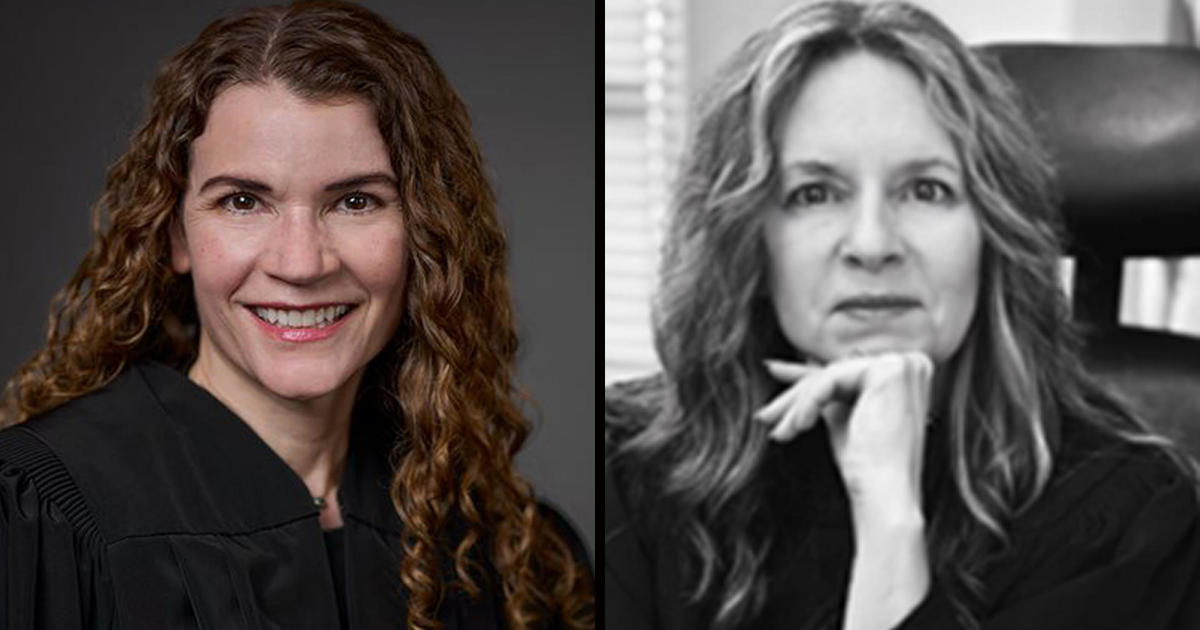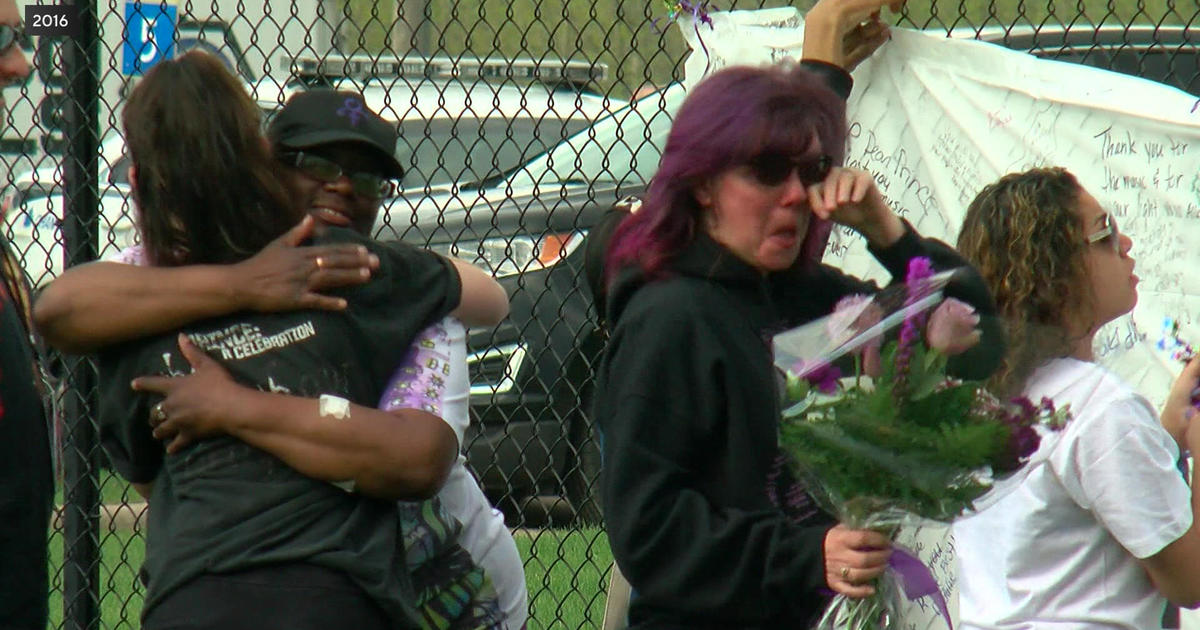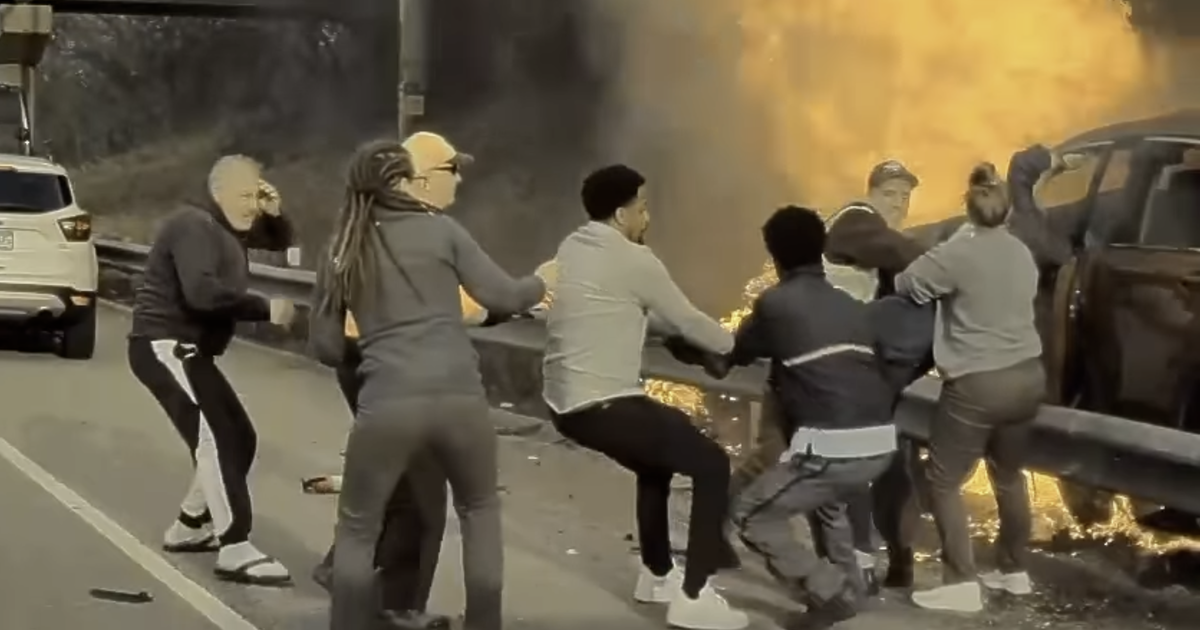U.S. Appeals Court Rules Against 'Please ID Me' Buttons At Polling Places
MINNEAPOLIS (WCCO) -- A federal appeals court ruled Tuesday that a Minnesota law banning political apparel at polling places does not infringe on First Amendment rights and includes shirts and buttons distributed by Minnesota Tea Party groups that read "Please ID Me."
The U.S. 8th Circuit Court of Appeals said that the groups Minnesota Majority, Minnesota Northstar Tea Party Patriots and Election Integrity watch failed to prove that the state statute was selectively applied or limited voters' right to free speech.
The shirts were meant to support laws that require state-issued photo ID at polling places aimed at cracking down on voter fraud. There is currently no such law in Minnesota.
The case started back in 2010, according to the Hennepin County Attorney's office. The plaintiffs filed suit against local election managers and county attorneys in the Twin Cities, seeking a temporary restraining order that would prevent officials from enforcing the law limiting political apparel at polling places.
The Hennepin County Attorney's office says attorneys for Election Integrity Watch argued that the Tea Party is not a political organization, and its buttons and t-shirts were not an endorsement of particular candidates or ballot measures. In its ruling, the court sided with the defense:
In order to ensure a neutral, influence-free polling place, all political material is banned. To demonstrate that the Tea Party is political, Minnesota provided polling data and media coverage supporting the public perception that the Tea Party is political. It also noted that as of July 2010, the Tea Party was a recognized caucus in the U.S. House of Representatives.
A state constitutional amendment was on the ballot in 2012 that would have required voters to show such ID when voting, but ultimately it didn't pass.
Plaintiffs' attorneys also argued that the law was selectively applied, noting some voters wearing Sierra Club apparel, Target logos, and all red or all blue were allowed to vote. The court disagreed in its ruling:
EIW's repeated assertions that there is "no evidence" of enforcement against non-Tea-Party political apparel and that "it is believed" the statute was not enforced except against Tea Party apparel is not "com[ing] forward with specific facts."



